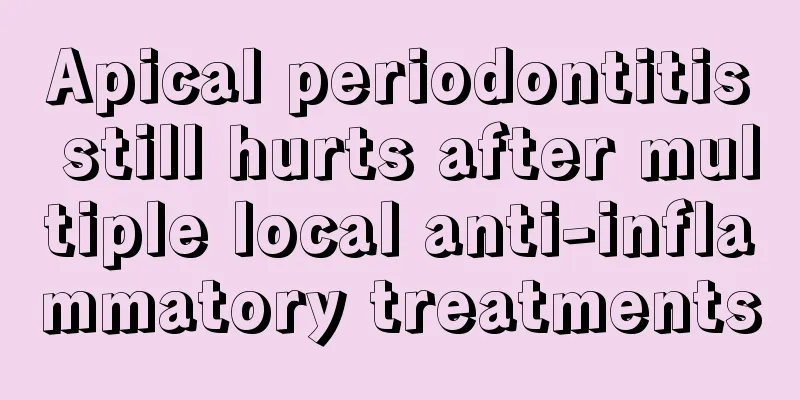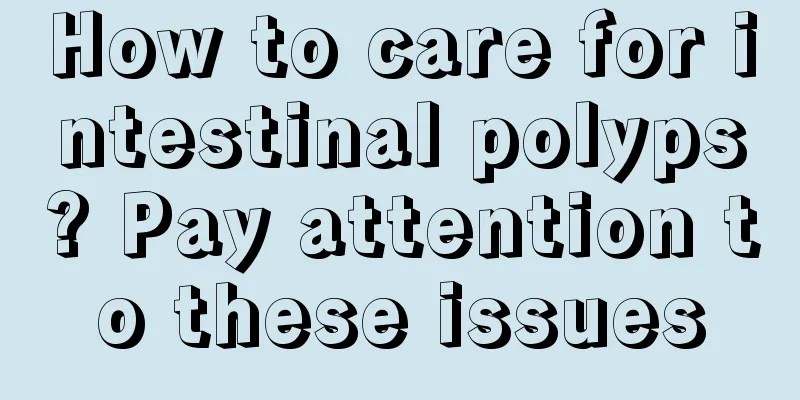How to treat vocal cord edema, the main methods are these

|
Nowadays, vocal cord edema is a disease that has become more and more common in our lives. If you want to treat it well, the first thing the patient needs to do is to keep silent. You can also use some antibiotics and other drugs appropriately under the guidance of a doctor. Of course, compared with drug therapy, the effect of surgical treatment is better, and the patient's recovery will be more thorough. However, you must pay attention to choosing a regular hospital and do a good job of voice training before and after the operation. 1. Silence Regardless of whether there is bleeding in the vocal cords, silence is the first necessary measure. The patient should not speak for 2-3 days. 2. Drug injection around the vocal cords: antibiotics (such as lincomycin 600mg) and hormones (such as dexamethasone 2-5mg), injected next to the vocal cords. 3. Use of antibiotics and hormones The use of antibiotics is to control upper respiratory tract infections and eliminate inflammatory lesions of the upper respiratory tract such as the vocal cords. Hormones eliminate inflammatory lesions such as vocal cord congestion, as well as its immunosuppressive effect, reducing the formation and release of histamine, 5-hydroxytryptamine and other active substances, thereby reducing allergic reactions and reducing vascular permeability. Once vocal cord edema forms, it is difficult to cure with drugs and should be surgically removed as soon as possible. Otherwise, in addition to long-term hoarseness and difficulty speaking, the lesion is likely to continue to develop. For example, if only one side of the vocal cord is lesioned, bilateral lesions may occur due to frequent friction with the contralateral vocal cord. In severe cases, it may develop into polyp-like changes on the surface of both vocal cords, that is, both vocal cords are completely wrapped by polyps, resulting in difficulty breathing and the need for tracheotomy. The principle of treatment for vocal cord edema is surgical removal and voice training. Voice training is necessary before and after surgery. |
<<: Is cleft lip and palate hereditary? How to prevent it
>>: Can cleft lip and palate be cured? Here are some treatment methods recommended to you
Recommend
What is the relationship between diet and brain cancer
We all know that diet is very important for brain...
What can be detected by color Doppler ultrasound of lymph nodes
The human lymphatic system is the human immune sy...
How to treat adults' itchy throat and cough
If infants and young children have coughs and itc...
Are mushrooms a good food for preventing liver cancer? Detailed description of the efficacy and role of mushrooms in preventing liver cancer
Mushrooms are not only delicious, but also have m...
How to get rid of cat bad breath
Many people like cats, and cats are also a common...
The best trick to remove grease from the kitchen
The kitchen is prone to oil stains. Unlike other ...
What are the key points to prevent cervical cancer? What are the symptoms of cervical cancer?
Nine cancer prevention suggestions: 1. Don’t take...
How much does it cost to treat melanoma
How much does it cost to treat melanoma? This is ...
How to treat pink eye effectively
Because conjunctivitis is a classic infectious di...
What are the disadvantages of drinking fruit juice drinks
Many people like to drink fruit juice drinks, esp...
What's the matter with the sores on the body
Some people have a lot of oil secretion and need ...
After sweating, the skin itches and develops red bumps
Symptoms of itchy skin and red bumps after sweati...
What's going on with rales in the trachea?
The so-called rales actually refer to sounds othe...
Absorbable surgical suture
We all know that when performing surgery on patie...
What are the symptoms of vitamin E deficiency
If you often like to eat meat but not vegetables ...









